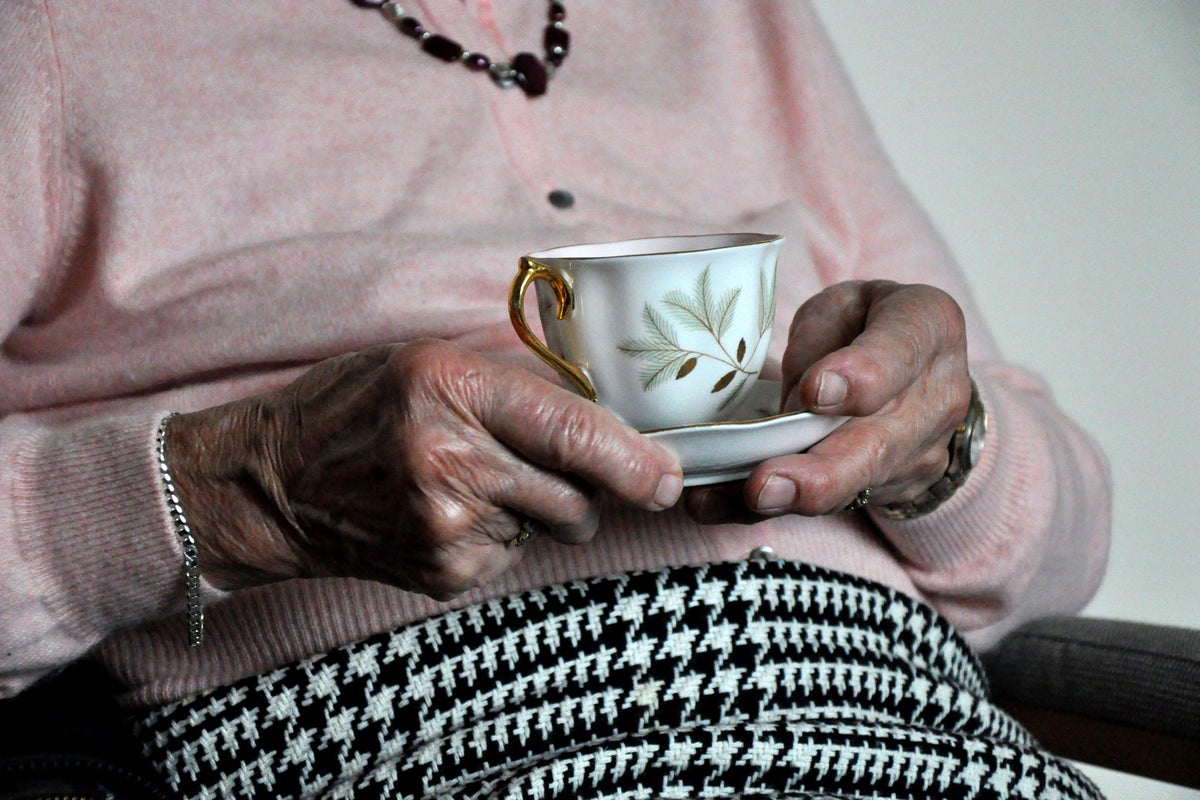
Deep sleep may help prevent memory loss in older adults facing a high risk of Alzheimer’s disease, a new study finds.
Researchers from the University of California, Berkeley, say deep sleep, also known as non-REM slow-wave sleep, can act as a “cognitive reserve factor” to increase resilience against a key factor behind the neurological condition.
Alzheimer’s disease is the most prevalent form of dementia.
It destroys memory pathways in the brain, and in advanced forms, it can also interfere with people’s ability to perform basic daily tasks.
About one in nine people over age 65 have been suffering from the progressive disease, scientists say, adding that this proportion is expected to grow as the baby boomer generation ages.
The protein known as beta-amyloid has been linked to memory loss caused by dementia, and previous studies have shown that disrupted sleep is associated with a faster accumulation of this molecule in the brain.
A declining amount of deep sleep has also been shown to be a predictive factor linked to a potential worse form of dementia in the future.
But scientists have also found that some activities to keep the mind sharp such as years of education, as well as social engagement can shore up a person’s resilience to severe forms of the condition.
Since education or the size of one’s social network cannot be easily changed, researchers have looked at other forms of keeping the brain active like physical activity.
In the latest study, published recently in the journal BMC Medicine, researchers found that high amounts of deep, slow-wave sleep can act as a protective factor against memory decline in those at high risk and help prevent some of dementia’s most devastating outcomes.
To conduct the research, scientists recruited 62 older adults who were healthy and not diagnosed with dementia.
Researchers monitored the participants with an electroencephalography (EEG) machine sleep scan as they slept in a lab.
They also used a positron emission tomography (PET) scan to measure the amount of beta-amyloid protein deposits in the participants’ brains.
Scientists found that half of the participants had high amounts of amyloid deposits while the other half did not.
After the participants slept, they completed a memory task involving matching names to faces.
Researchers found that those with high amounts of beta-amyloid deposits in their brain, who also experienced higher levels of deep sleep, performed better on the memory test compared to individuals with the same amount of deposits, but who slept worse.
But in the group without the protein deposits, deep sleep did not have any additional supportive effect on memory.
Based on the findings, scientists say deep sleep may blunt the detrimental effects of beta-amyloid pathology on memory.
They suspect non-REM slow-wave sleep may counteract some of the memory-impairing effects of the beta-amyloid deposits.
“If the findings supported the hypothesis, it would be thrilling, because sleep is something we can change. It is a modifiable factor,” study co-author Matthew Walker said in a statement.
“People should be aware that, despite having a certain level of pathology, there are certain lifestyle factors that will help moderate and decrease the effects. One of those factors is sleep and, specifically, deep sleep,” Zsófia Zavecz said, another author of the study, added.
While the study has a small sample size, researchers say the findings offer an early glimpse into the ways sleep may forestall memory loss.
They recommend that sticking to a regular sleep schedule, staying mentally and physically active during the day, creating a cool and dark sleep environment, and minimizing things like coffee intake and screen time late in the day, are measures that may increase the quality of deep, slow-wave sleep.
“By sleeping better and doing your best to practice good sleep hygiene, which is easy to research online, you can gain the benefit of this compensatory function against this type of Alzheimer’s pathology,” Dr Zavecz said.







